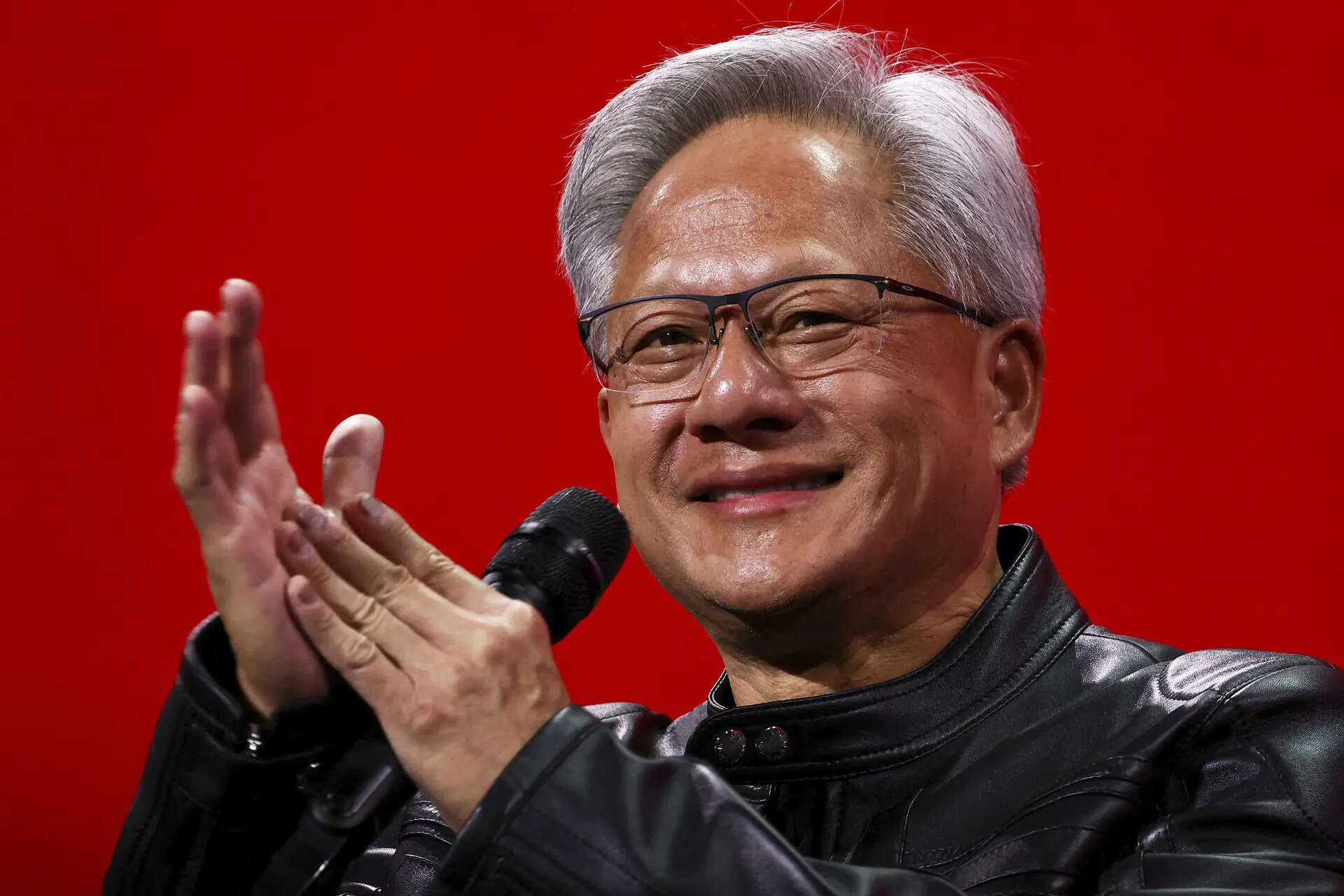Nvidia CEO Jensen Huang announced the company’s first artificial intelligence cloud platform for industrial use will be built in Germany, marking a significant step in the chip giant’s global AI strategy. Speaking at the VivaTech conference in Paris, Huang emphasized that this AI-driven infrastructure—merging AI with robotics—will assist major automakers like BMW and Mercedes-Benz in optimizing product design, simulation, and logistics.
As part of a broader European push, Huang revealed Nvidia will expand tech centers across seven countries, open its AI compute marketplace to European companies, and support multilingual AI model development and pharmaceutical research, including with Novo Nordisk.
“In just two years, we will increase the amount of AI computing capacity in Europe by a factor of 10,” Huang stated, unveiling plans for 20 large-scale “AI factories” to develop and deploy advanced AI models across the continent.
Nvidia did not disclose the specific location, timeline, or investment details for the German facility, but insiders say Huang will travel to Berlin this week and is expected to meet German Chancellor Friedrich Merz—a potential political victory for Germany after Intel and Wolfspeed suspended factory plans last year.
Nvidia’s new collaboration with French AI powerhouse Mistral will deliver computing systems powered by 18,000 of Nvidia’s latest chips, enabling European businesses to harness sovereign AI infrastructure. “Sovereign AI is an imperative—no company, industry or nation can outsource its intelligence,” Huang said.
He also reiterated his evolving views on quantum computing, suggesting it is nearing a breakthrough capable of solving problems even Nvidia’s top AI systems can’t crack—despite having previously suggested such technology was decades away.
Swifteradio.com


